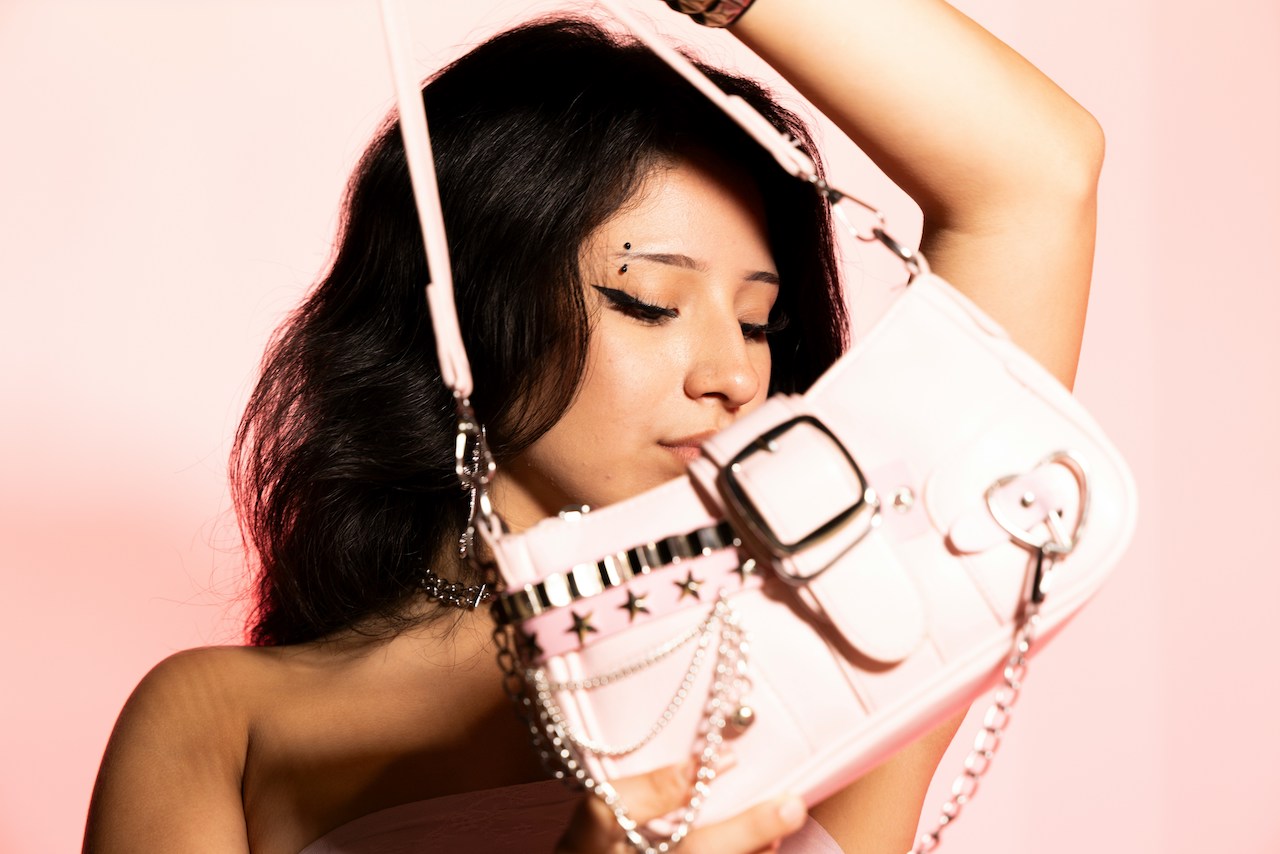In recent years, society has become more obsessed with fitness and nutrition than ever before, and as a generation we are fixated on an idealised image of health. As we strive to get ripped, gain perfect abs, glowing skin and heightened fitness levels, a healthy or ÔÇÿclean’ lifestyle has overwhelmingly become synonymous with happiness, fulfilment and success.
But when does a healthy lifestyle become an unhealthy obsession? In a world where controlling our diets and cutting out food groups deemed to be toxic to our bodily temples has become the norm, when does this increased fetishisation of healthy foods become a problem?
Coined by Dr Steven Bratman in 1997, the condition known as ÔÇÿOrthorexia’ is fast gaining media attention and medical ground alongside the proliferation of the health market in recent years. Orthorexia is defined as an obsession with health foods, differing from anorexia in that health, rather than weight loss, is the primary goal. The condition regards the elimination of certain food groups as a positive activity, with the aim of cleansing the body of toxins and impurities. And whilst this may be seen as a practice to be commended in a world where #cleaneating #raw and #paleo have become desired diet choices, Orthorexia defines the line between a healthy lifestyle, and a health compulsion that dictates and controls a person’s life.
As prominent health food blogger Jordan Younger chronicles in her new book ÔÇÿBreaking Vegan’, whilst Orthorexia is not defined by a desire for thinness, rigid control of food and intensive exercise driven by a desire to be healthy, largely accumulates into weight loss and associated health problems. For sufferers, food is regarded as a source of ÔÇÿfuel’, for health, rather than for pleasure. Following an announcement on her blog and social media accounts describing her battle with Orthorexia, Jordan Younger has inspired debate and awareness about the potential dangers of how the lines between balanced eating and compulsive healthiness can become blurred and entangled.
Instagram has exploded with food bloggers, and fitness photo diaries take the forefront as young audiences’ document their daily eating and exercising habits alongside body progress shots, gym selfies and healthy recipes. For young women particularly, health is now characterised by a new ideal of feminine beauty, whereby those who drink kale smoothies, take morning spin classes and eat chia seeds for breakfast become a glowing picture of perfection that many of us wish to replicate.
Yet this societal normalisation of strict clean eating and fad diets has largely caused Orthorexia to go unnoticed, particularly as the condition is not currently recognised as a clinical diagnosis. So for many of us, obsessing over what we eat, excessively cutting out food groups, and shovelling avocados into our bodies like there’s no tomorrow has become a totally acceptable and admirable activity. Dairy has become the devil, gluten is now the personification of evil, and carbs, even wholegrain ones, have taken a beating in favour of cauliflower rice and courgette spaghetti, as thousands of us shun food groups and declare veganism, raw diets, paleo lifestyles and juice cleanses as the holy grail of health.
Sophisticated marketing strategies have successfully persuaded the health conscious that supposed superfoods such as kale, avocados and goji berries have mythical qualities that will make us fabulous when consumed religiously. Yet advertisers work hard to convince us that we will never by healthy enough, never fit enough, thin enough, ripped or perfect enough to warrant a life without the frequent purchase of cocoa powder, detox tea, Nutribullet’s and Fitbits.
And whilst the proliferation of health consciousness and fit individuals is certainly preferable to a generation who hails the chicken nugget as a weekly source of protein, when does it stop? ÔÇÿCut out carbs’, the paleo diet says, ÔÇÿcut out fish and meat and dairy’, says the raw diet, ÔÇÿcut out all solid food and drink raw vegetables’ says Jason Vale the juice master, and the list goes on. At what point does our desire for a healthy life begin to dictate our actions, our social lives, self-worth, and happiness?
As Jordan’s social media fame illustrates, in a world where snapping a picture of your quinoa salad will gain you a significant amount of praise in the form of Instagram likes, it is easy to imagine the road from health conscious to Orthorexia. Clean eating is an admirable goal, offering many health and wellbeing benefits, but if you really want that piece of cake, don’t feel guilty, eat it!


